Fatemeh H Fard
ReviewViz: Assisting Developers Perform Empirical Study on Energy Consumption Related Reviews for Mobile Applications
Sep 13, 2020
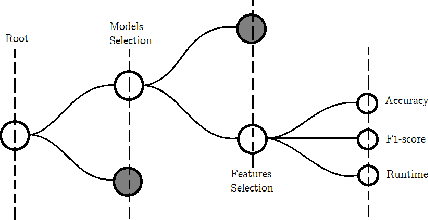
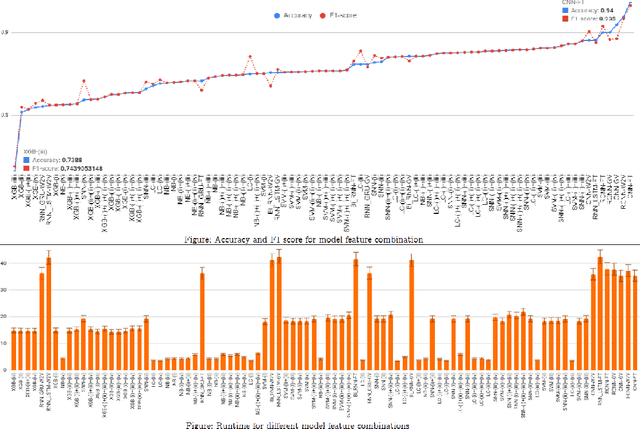
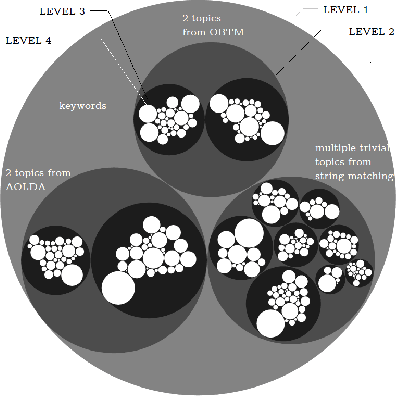
Abstract:Improving the energy efficiency of mobile applications is a topic that has gained a lot of attention recently. It has been addressed in a number of ways such as identifying energy bugs and developing a catalog of energy patterns. Previous work shows that users discuss the battery-related issues (energy inefficiency or energy consumption) of the apps in their reviews. However, there is no work that addresses the automatic extraction of battery-related issues from users' feedback. In this paper, we report on a visualization tool that is developed to empirically study machine learning algorithms and text features to automatically identify the energy consumption specific reviews with the highest accuracy. Other than the common machine learning algorithms, we utilize deep learning models with different word embeddings to compare the results. Furthermore, to help the developers extract the main topics that are discussed in the reviews, two states of the art topic modeling algorithms are applied. The visualizations of the topics represent the keywords that are extracted for each topic along with a comparison with the results of string matching. The developed web-browser based interactive visualization tool is a novel framework developed with the intention of giving the app developers insights about running time and accuracy of machine learning and deep learning models as well as extracted topics. The tool makes it easier for the developers to traverse through the extensive result set generated by the text classification and topic modeling algorithms. The dynamic-data structure used for the tool stores the baseline-results of the discussed approaches and is updated when applied on new datasets. The tool is open-sourced to replicate the research results.
AOBTM: Adaptive Online Biterm Topic Modeling for Version Sensitive Short-texts Analysis
Sep 13, 2020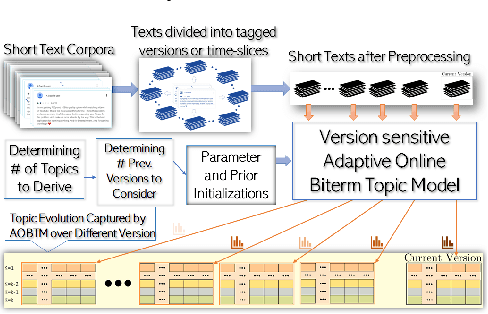
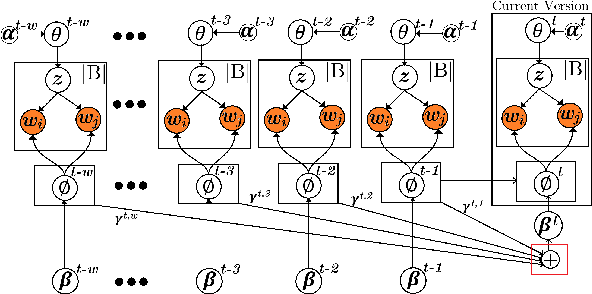
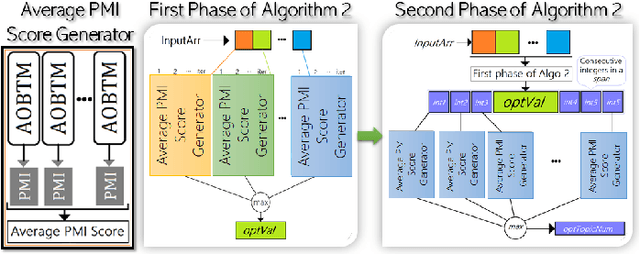
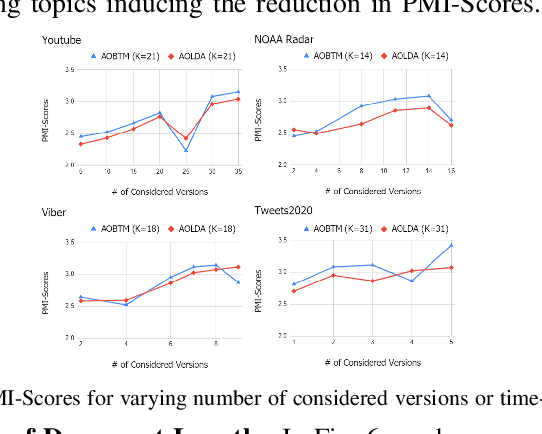
Abstract:Analysis of mobile app reviews has shown its important role in requirement engineering, software maintenance and evolution of mobile apps. Mobile app developers check their users' reviews frequently to clarify the issues experienced by users or capture the new issues that are introduced due to a recent app update. App reviews have a dynamic nature and their discussed topics change over time. The changes in the topics among collected reviews for different versions of an app can reveal important issues about the app update. A main technique in this analysis is using topic modeling algorithms. However, app reviews are short texts and it is challenging to unveil their latent topics over time. Conventional topic models suffer from the sparsity of word co-occurrence patterns while inferring topics for short texts. Furthermore, these algorithms cannot capture topics over numerous consecutive time-slices. Online topic modeling algorithms speed up the inference of topic models for the texts collected in the latest time-slice by saving a fraction of data from the previous time-slice. But these algorithms do not analyze the statistical-data of all the previous time-slices, which can confer contributions to the topic distribution of the current time-slice. We propose Adaptive Online Biterm Topic Model (AOBTM) to model topics in short texts adaptively. AOBTM alleviates the sparsity problem in short-texts and considers the statistical-data for an optimal number of previous time-slices. We also propose parallel algorithms to automatically determine the optimal number of topics and the best number of previous versions that should be considered in topic inference phase. Automatic evaluation on collections of app reviews and real-world short text datasets confirm that AOBTM can find more coherent topics and outperforms the state-of-the-art baselines.
 Add to Chrome
Add to Chrome Add to Firefox
Add to Firefox Add to Edge
Add to Edge